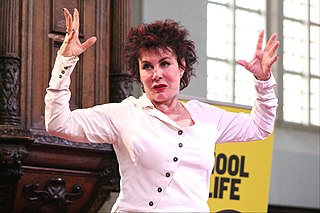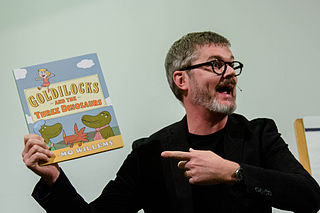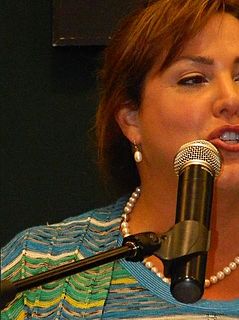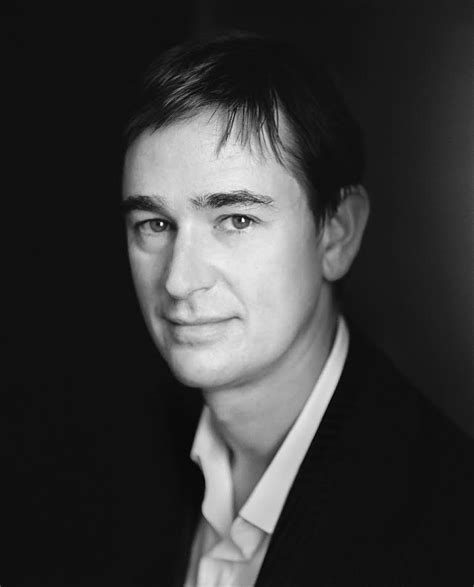A Quote by Jonathan Lethem
Yet I'm making a book and I'm going to care immensely about what words get bound in the pages, and I want the object to look good. I won't believe in it and it won't be real to me until there's a finished book I can hold.
Related Quotes
When we want a book exactly like the one we just finished reading, what we really want is to recreate that pleasurable experience--the headlong rush to the last page, the falling into a character's life, the deeper understanding we've gotten of a place or a time, or the feeling of reading words that are put together in a way that causes us to look at the world differently. We need to start thinking about what it is about a book that draws us in, rather than what the book is about.
There are certain things that I'll hear about and that I think will make a great book and I put it in a file. Sometimes it's a situation that interests me, and I don't even realize what I'm trying to say about it until I get closer to it. Sometimes the book after that I've written 125 pages of, and I can tell you what the book is after that. I just sort of have a linear progression, but more than anything, the topics land in your lap. I don't feel that I go out searching for them.
A book, being a physical object, engenders a certain respect that zipping electrons cannot. Because you cannot turn a book off, because you have to hold it in your hands, because a book sits there, waiting for you, whether you think you want it or not, because of all these things, a book is a friend. It’s not just the content, but the physical being of a book that is there for you always and unconditionally.
I have to get three pages done every day, and there's usually a point about 150 pages in where everything falls apart, where all the plans are for naught. The book has become something else, and I have a nervous breakdown, and then I submit to what the book has become, and I keep going, and that's a terrible and then a great time.
E-readers are uninspired. They're slabs of plastic with fiddly controls and display a badly-formatted, typographically impoverished rendering of a paper book. That's not the electronic book I want. I want a gorgeous physical object, with paper pages, that can transform into any story I choose, perfectly presented on the page.
I hadn't had a book in my hands for four months, and the mere idea of a book where I could see words printed one after another, lines, pages, leaves, a book in which I could pursue new, different, fresh thoughts to divert me, could take them into my brain, had something both intoxicating and stupefying about it.
The burning of a book is a sad, sad sight, for even though a book is nothing but ink and paper, it feels as if the ideas contained in the book are disappearing as the pages turn to ashes and the cover and binding--which is the term for the stitching and glue that holds the pages together--blacken and curl as the flames do their wicked work. When someone is burning a book, they are showing utter contempt for all of the thinking that produced its ideas, all of the labor that went into its words and sentences, and all of the trouble that befell the author . . .
I start a book and I want to make it perfect, want it to turn every color, want it to be the world. Ten pages in, I've already blown it, limited it, made it less, marred it. That's very discouraging. I hate the book at that point. After a while I arrive at an accommodation: Well, it's not the ideal, it's not the perfect object I wanted to make, but maybe?if I go ahead and finish it anyway?I can get it right next time. Maybe I can have another chance.
That is the person you want publishing your book. To be in it, you really have to believe in books and love whatever it is you're publishing. Both on the book side and especially on the magazine side, I've had editors that I did not get the same feeling from. That feeling of, "This is something I believe in, I don't care how long, I'm going to publish it" - that kind of passion and commitment means a lot to you.







































